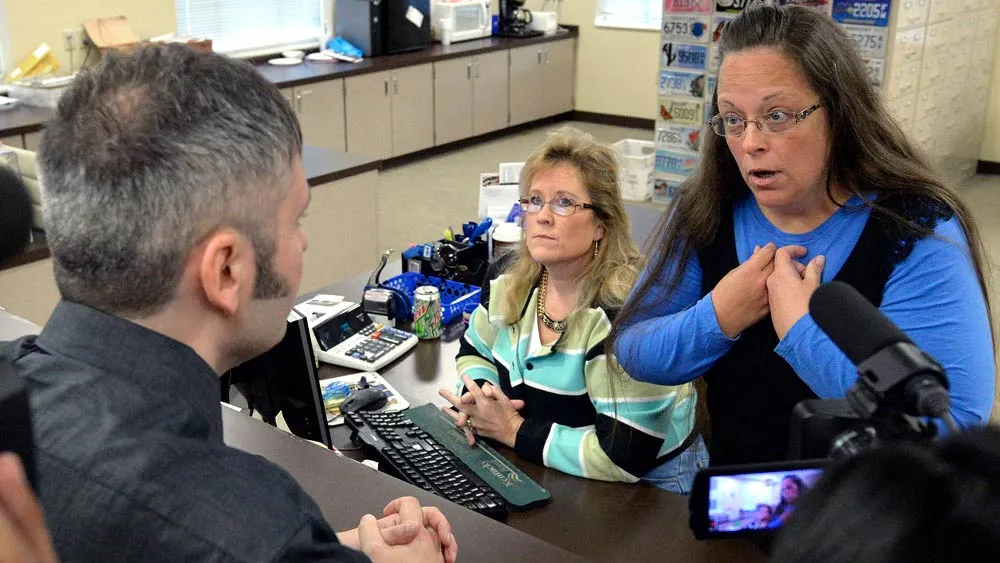August 16, 2014
NJ Man Sues Grindr Over Encounter With Underage Boy
Jason St. Amand READ TIME: 2 MIN.
A New Jersey man is suing the gay hookup app Grindr in federal court, claiming the social media app has lax age restrictions, which he says allowed him to have an encounter with an underage boy, the New Jersey Law Journal reports.
William Saponaro Jr., of Cape May, N.J., faces criminal charges after meeting up with an under age boy. His lawsuit alleges he was invited to have sex with two other males on June 21, 2012, after they met each other on Grindr. But a week after the encounter, Saponaro found out that one of them was just 13.
Saponaro was arrested and charged with sexual assault and endangering the welfare of a child. He faces up to 20 year in prison, according to the newspaper.
Saponaro filed a suit against Grindr on June 19 in Cape May County Superior Court. Nearly a month later, the company's lawyers removed the case to Camden, N.J., federal court. On August 8, Grindr officials moved to dismiss the case for "failure to state a claim upon which relief can be granted," the New Jersey Law Journal writes.
The lawsuit states the teen was able to become a paying member of Grindr despite the app's rules that deny access to anyone under the age of 18 or 21 in states where 18 is not the age of consent. According to Saponaro, the other adult who was involved in the encounter told him he met the 13 year old on Grindr. Saponaro admits he did not verify the teen's age himself, saying he relied on the other adult's word and that the teen couldn't access Grindr if he was under 18.
Saponaro's suit claims Grindr was negligent for failing to ensure its members are of appropriate age. The suit also alleges the app's negligence was the proximate cause of Saponaro's arrest. Saponaro also claims negligent infliction of emotional distress and in the suit, he says he "reasonably believed [the minor] was 18 years or older."
He says he has not been able to attend his job at a construction business over his arrest. He claims he's taken a financial loss and is seeking damages and litigation costs.
Grindr argues it cannot control what information its users provide.
The New Jersey Law Journal writes:
The company's motion said there is no proximate cause between its alleged failure to detect an underage user and the plaintiff's criminal prosecution. Grindr also said the plaintiff's claim of negligent infliction of emotional distress fails because Saponaro does not allege that he is a member of the service and therefore the company has no duty of care toward him.


